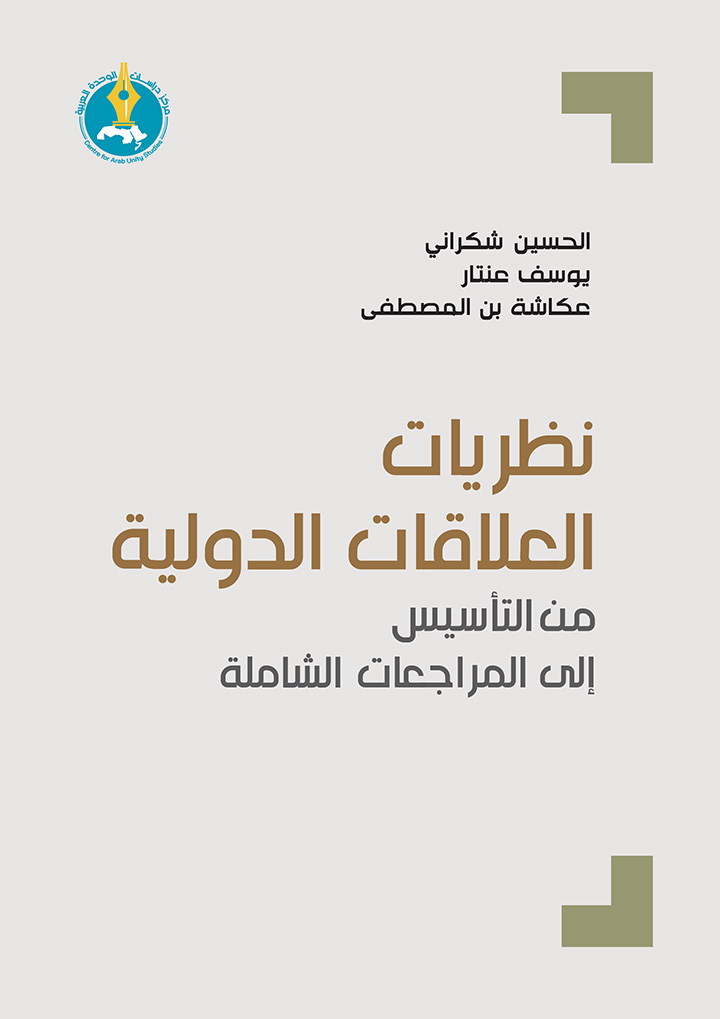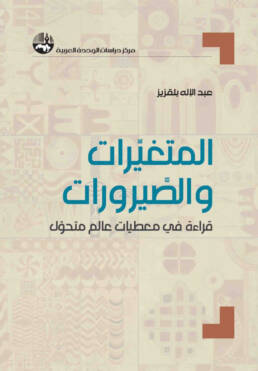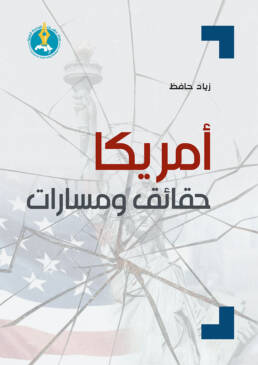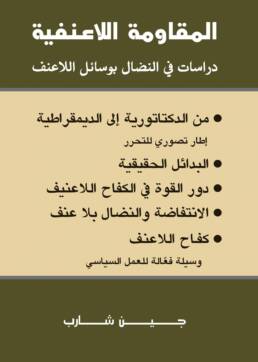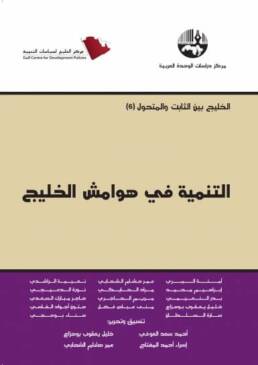Theories of International Relations: From Elaboration to Global Critical
Price range: 10 $ through 16 $
Price range: 10 $ through 13 $
AuthorElhoucine Chougrani, Yousif Antar and Okacha Ben ElmostaphaDate30/6/2025No. of Pages271EditionFirstISBN9786144983850E-ISBN9786144983867
| Weight | 0,415 kg |
|---|---|
| Dimensions | 24 × 17 cm |
| Product Type | Electronic, Paper |
The Center for Arab Unity Studies has published the book Theories of International Relations: From Elaboration to Global Critical by Dr. Elhoucine Chougrani, Yousif Antar and Okacha Ben Elmostapha.
The field of international relations is rich with competing theories that offer explanations for the structure and system of international relations, and the way in which policy is made by political actors on the international scene. Theories differ regarding their number and importance in controlling international affairs. In recent decades, the field of international relations has witnessed an increasing momentum of theoretical approaches, in which traditional theories, that monopolized the field of international relations throughout the Cold War era, are no longer the dominant theoretical units in this field. Rather, other approaches emerged in response to the expansion of the international relations agenda in terms of actors and issues, on the one hand, and to developments in the philosophy of the social sciences, on the other.
Many scholars and researchers in the field of international relations have attempted to analyze international reality and build theories based on examining the changes in events on the global stage, while others have started from intellectual and speculative models in an attempt to extrapolate theoretically away from actual events. Therefore, international politics has witnessed many academic discussions throughout history, representing the general intellectual frameworks that governed the theoretical analysis of international relations, and produced various theories and approaches that concerned the field of international relations.
This book aims to highlight the scientific aspect of the field of international relations by exploring its governing laws, i.e., the determining factors that link variables and are capable of explaining interconnected and intertwined international events. This book examines the most important theories framing international relations, their intersections, and their reference and intellectual frameworks. The international arena is constantly evolving, and the dynamics of events are constantly evolving. Therefore, the book attempts to explain the behavior of various actors on the economic, political, and cultural levels. The book discusses, in general, the extent to which international relations theories, with their various references and methodological tools, from foundations to comprehensive reviews, are capable of explaining, generalizing, and predicting rapidly unfolding events. This is in the context of the constant search for philosophical—and sometimes ideological—references that justify this ability and its scientific utility.
Add a review
You must be logged in to post a review.
You May Also Like
Systemic Corruption and Authoritarian State in Algeria since Independence
Price range: 6 $ through 10 $
Variables and Becomings: Insights into the Facts of a Changing World
Price range: 10 $ through 11 $
America: Realities and Trajectories
Price range: 10 $ through 13 $
Nonviolent Resistance: Studies in Nonviolent Struggle
Price range: 6 $ through 10 $
Development at the Margins of the Gulf
Price range: 7 $ through 11 $
Lebanon and al-Taif: A Historical Intersection and a Discontinued Course
Price range: 8 $ through 13 $
The Arab Renaissance Project: Ideas on Civilizational Renewal
Price range: 10 $ through 11 $

